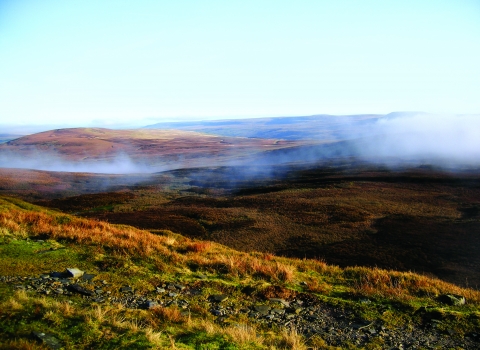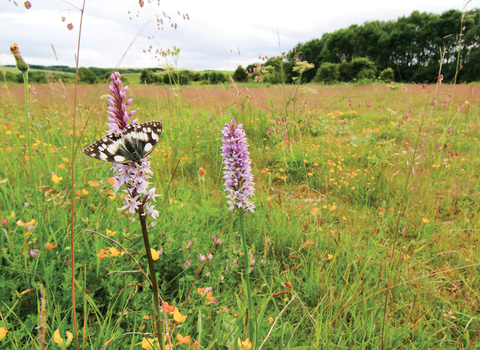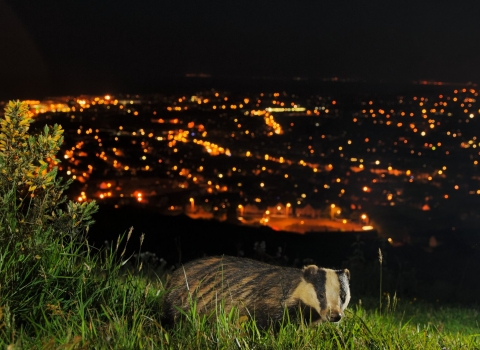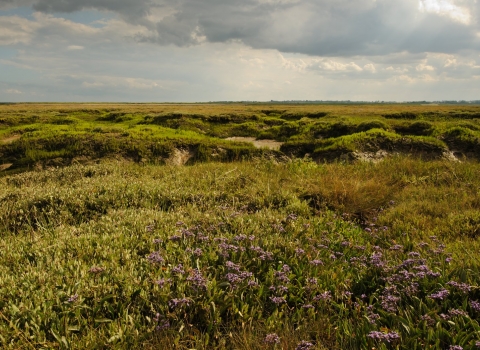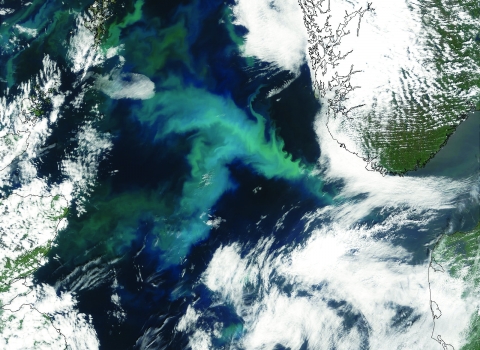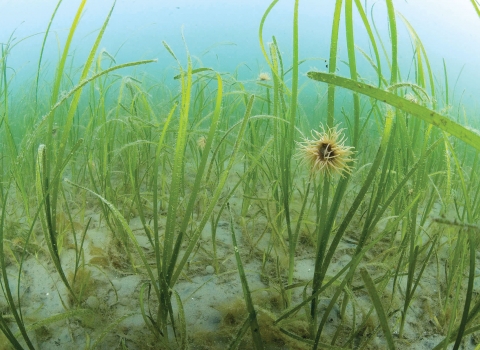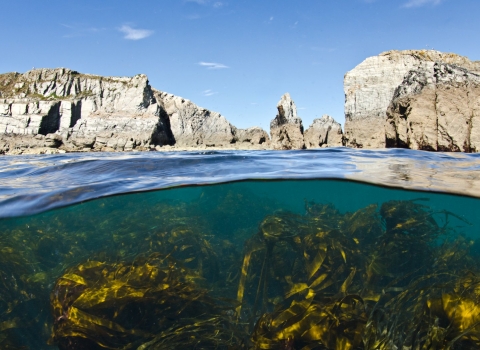We face a climate emergency.
Extreme weather events are increasing and the impacts of a warming climate are becoming evident on our wildlife. Some UK species are being pushed to the furthest limits of their natural ranges.
To tackle a crisis of this scale, it is imperative every tool in the box is used, and this includes the natural solutions offered by our planet. Over half of all carbon emissions released into the atmosphere by humans are re-absorbed by the Earth’s natural systems.
And yet, many of these systems are broken, the habitats providing them damaged and degraded. Restoring these systems would allow even more carbon to be absorbed – and The Wildlife Trusts are playing a leading role.

